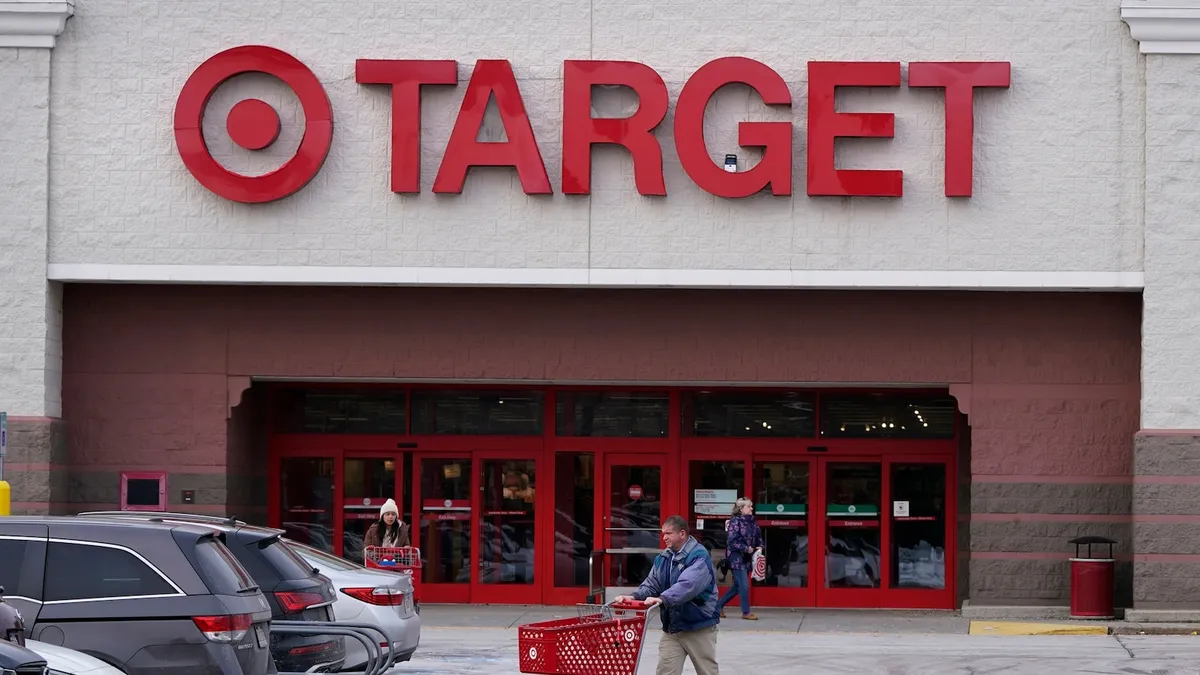
On Wednesday, Target CEO Brian Cornell issued a stark warning regarding the potential financial impact of tariffs on the company's operations. He indicated that while raising prices would be a last resort, the looming tariffs could lead to significant cost increases that may ultimately be passed on to consumers. "The difficulty level has been incredibly high given the rates we're facing and the uncertainty about how these rates in different categories might evolve," Cornell stated. This highlights the ongoing challenges faced by major retailers in navigating the complicated landscape of international trade.
Cornell emphasized that Target remains committed to supporting American families and helping them manage their budgets effectively. This commitment comes as the retail giant joins other major companies, such as Walmart and Best Buy, in issuing warnings about potential price increases driven by tariffs. These recent statements reflect a broader concern among retailers regarding consumer spending patterns and overall economic conditions.
In its most recent quarterly report, Target experienced a 2.8% drop in sales compared to the same period last year. This decline has been attributed to consumer anxiety surrounding tariffs and a backlash related to changes in the company's diversity, equity, and inclusion policy. "In the first quarter, our team and our business faced an exceptionally challenging environment," Cornell noted, illustrating the turbulent conditions that have affected retail sales.
Recent data from a University of Michigan survey revealed that consumer attitudes have soured for the fourth consecutive month, reaching one of the lowest levels ever recorded. This decline in shopper sentiment is partly driven by fears of inflation and recession warnings initiated by the initial rollout of tariffs under the Trump administration. Cornell expressed concern over the erosion of consumer confidence and the uncertain impact of tariffs on shopping behavior.
This week, a trade agreement between the U.S. and China resulted in a reduction of tit-for-tat tariffs, leading to a temporary surge in the stock market. While this agreement marks a softening of the previous tariff stance, it is important to note that a variety of tariffs remain in place. Among these is a blanket 10% levy affecting imports from nearly all countries, alongside additional tariffs impacting auto parts, steel, and aluminum.
In light of these ongoing challenges, Cornell indicated that Target may continue to face adverse market conditions in the foreseeable future. The company anticipates another potential drop in sales over the next three-month period, highlighting the necessity of preparing for continued pressures on revenue. "We believe it's prudent to assume top-line pressures will continue in the near term," he concluded.
This is a developing story, and updates will be provided as new information becomes available. Stay tuned for more insights into how tariffs and market conditions are influencing major retailers like Target.